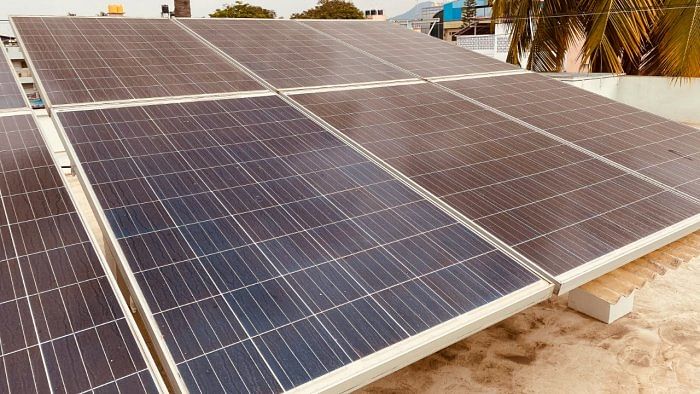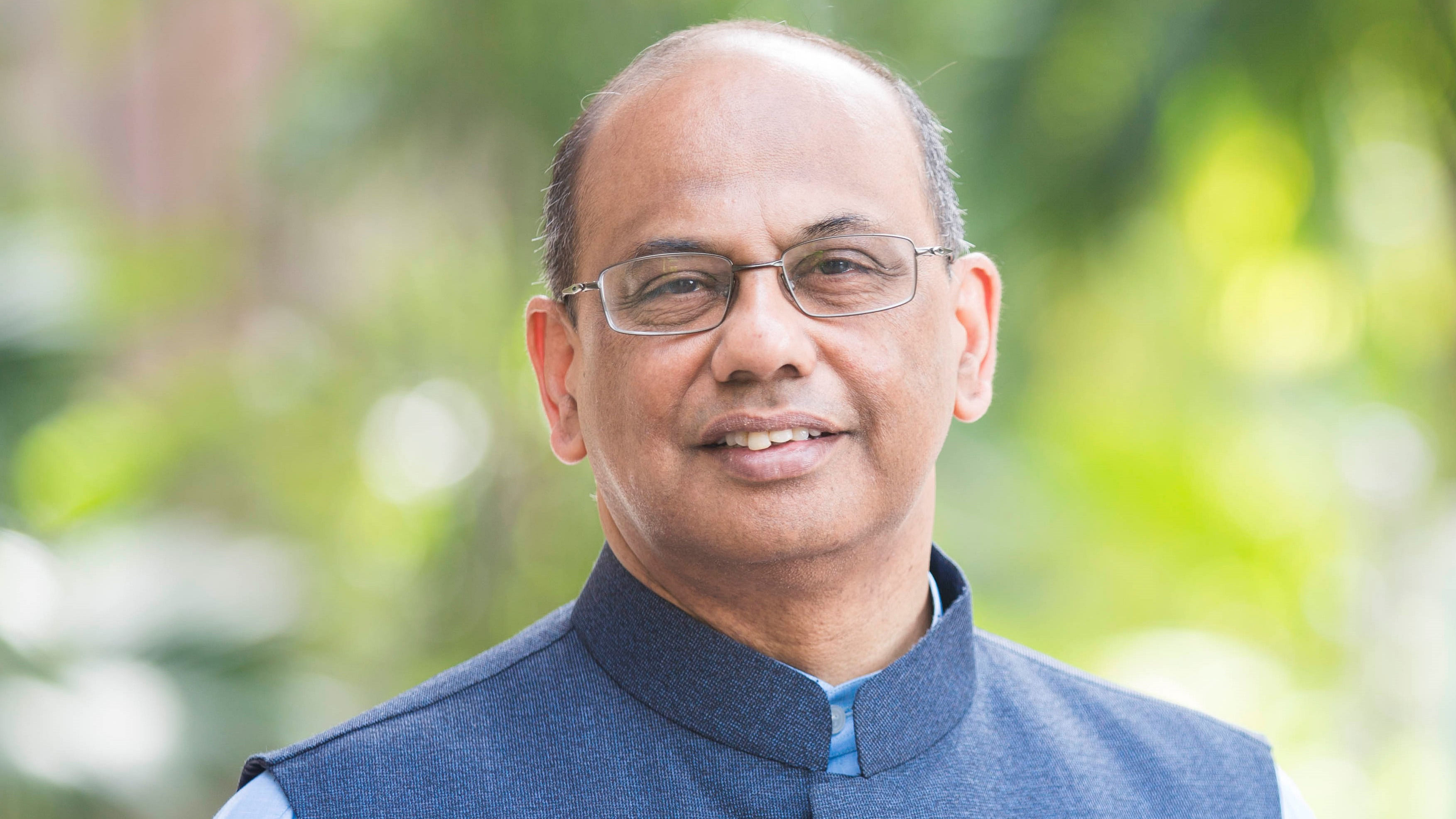

Unequal access to reliable and secure sources of energy have inhibited holistic economic development and social justice for nations and communities around the world. The Covid-19 pandemic accentuated the gap, by halting global economic activity and straining public health infrastructure at national and community levels. The parallel threat of climate change has not reduced in this interim, with climate events growing both in severity and in impact.
Faced with the urgent need to navigate post Covid-19 recovery and address immediate devastating outcomes of increasingly severe climate events, the capabilities of the nations to deliver on their emissions reduction goals and the Nationally Determined Contributions have also been limited. Solar energy offers a viable solution to help countries address all of these simultaneous challenges with the extensive and significant technological advances the sector has already achieved. Combined with appropriate advances in battery storage technology, financing, competitive pricing and cost optimizations, solar is primed to deliver energy security to homes, along with economic growth to nations around the world, while mitigating global climate change impact.
Already, solar power has reached cost parity in many parts of the world and the International Solar Alliance (ISA) is working towards making solar power a political priority for nations across the world. Since its establishment in 2015, the ISA is scaling up efforts to implement solar projects, share knowledge and build capacity across the solar value chain, especially in the Least Developed Countries (LDCs) and Small Island Developing States (SIDS), so that they can act as a trigger for technology advancement and policy change and also help in the creation of financial and human capacity. Solar is a shared solution that simultaneously addresses climate, energy and economic priorities across geographies and through such efforts, the ISA is facilitating energy transition at a global level, energy security at national levels, while also ensuring energy access at the local level.
It will be important that the energy transition is built upon expanding energy efficiency, substituting fossil fuel use in electricity and generating electricity by harnessing renewable resources. In the long term, economies would have to diversify and become self-reliant in the energy space, and there is no better solution to achieve this at present other than renewables coupled with storage systems, such as batteries, pumps and hydro. Flexible solutions such as solar plus storage present an effective tool for hedging the occasional fluctuations in the global energy markets, like the recent one. In fact, crises such as these can be turning points that can help change course and accelerate towards cleaner sources of energy.
The proposed Green Grids Initiative — One Sun, One World, One Grid (OSOWOG) – is one of the most promising solutions that will not only lessen reliance of the nations on non-renewable energy, but will also become a fulcrum of climate action for the world. Gradually, the energy markets will shift to renewable energy-powered grids and the next generation energy systems will be based on an intercontinental transmission network. Through these inter-connections, energy (either generated or stored) could be instantly despatched from a region having a surplus to another region in a different hemisphere with zero lead-time, zero impact on the climate and at a fraction of the cost incurred in transporting fuels across seas and through pipelines.
That India conceptualized the OSOWOG initiative also speaks volumes about its commitment to a clean energy future. It is not just a forward-looking vision of the Prime-Minister of India, but can also help world leaders unlock the trifecta of energy access, energy security, and energy sustainability. A collaborative model deeply rooted in bilateral and multilateral partnerships, national commitments and institutional financing will be critical in delivering this vision.
Along with the enhancement in capital investments, it is also imperative to ensure equitable distribution of capital investments. In many parts of the world, the lack of affordable financing options is inhibiting the development of solar energy projects, which is locking out market potential. There is an urgent need to de-risk these markets for solar energy deployment so that financing costs could be lowered and investments could flow in. In all of the ISA’s activities, risk reduction is the unifying theme: whether it is for reduction of risk to investors or reduction in policy risk due to new policies, or to users due to vulnerabilities of international fuel prices and to climate impacts. The focus is to have innovative financial and risk mitigation instruments to cover residual risks perceived by investors and enable a pipeline of bankable projects.
Deployment of solar at necessary scale can be fast-tracked with cooperation founded on multilateral consensus, which can set us on a trajectory of lower emissions, higher and cleaner economic growth, and counter the climate crisis.
(Dr Ajay Mathur is the Director General of the International Solar Alliance)